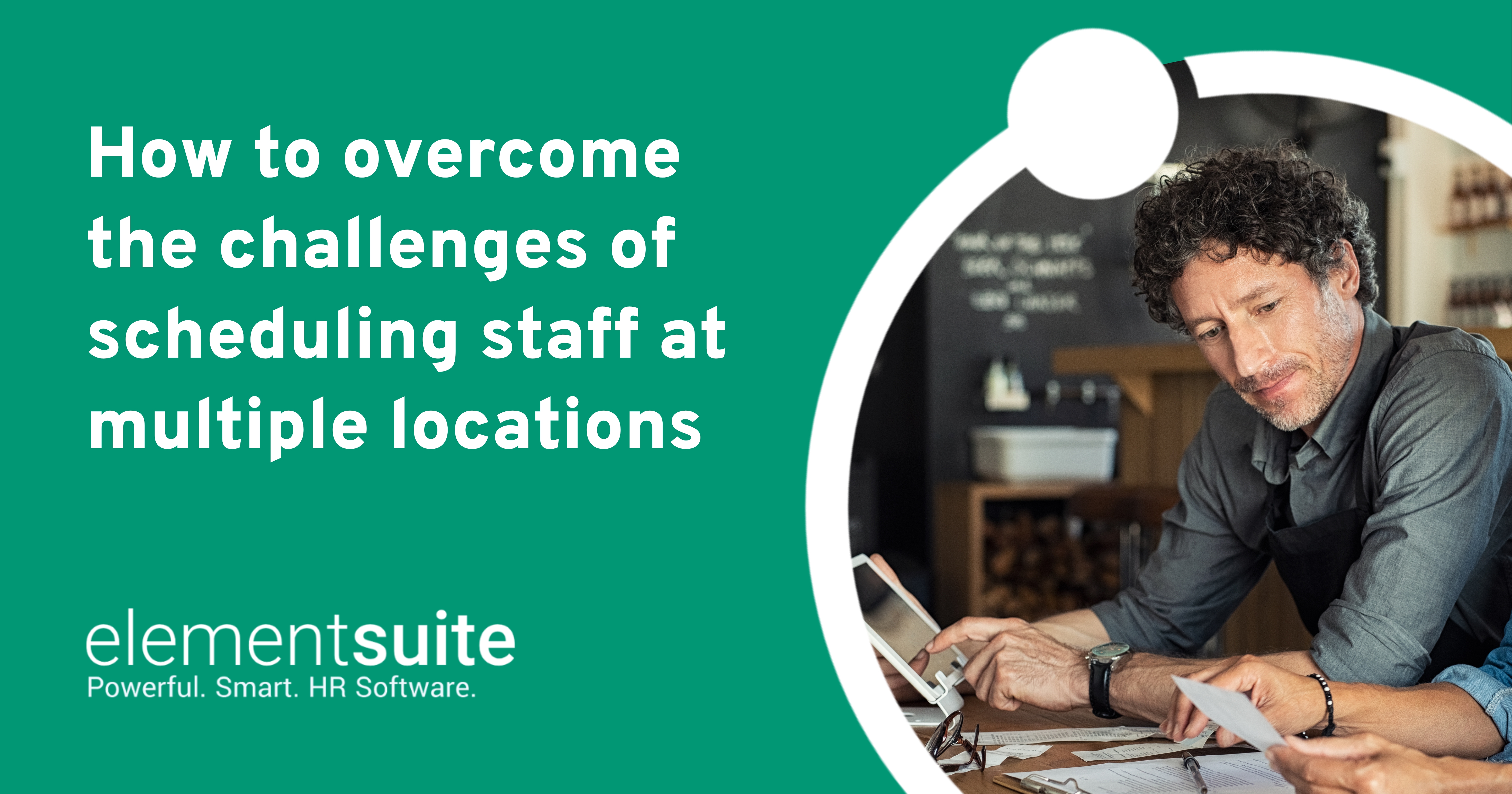Retail gets a bad rap as a service industry that’s low-paying, hard work, unsustainable and very poor when it comes to work-life balance. Customer service jobs can be highly demoralising, dealing with challenging and problematic customers, with little or no personal space, definitely no desk unless you work in ‘back-office’ functions. How can retailers support a better work life balance for their people and overcome the feeling of underpaid and overworked?
Lighten the load
In a recent research poll, 61% of people stated that work-life balance was the aspect of workplace culture that they find most valuable. Personal circumstances dictate the need for a more family friendly approach to retail workers who have little or no flexibility to be able to work from home. Staff with young children, caregiving obligations, elderly relative support, sick loved ones and the numerous home and life commitments everyone has to deal with.
People and success
The changing competitive landscape requires retailers to pursue a mix of strategies to stay relevant, survive and thrive. In order to achieve these goals, whatever the strategy and short-term tactics, requires the right talent. With a lot of talk about reinvention in the sector along with an unprecedented growth in online sales in recent years, people remain at the heart of success.
According to the ONS over 50% of the retail workforce is under 34 years of age. Just under 30% are under 25 years of age and around 50% of staff work part-time. There is also an overall increase in employees over 50. The likely personal circumstances of this wide age group vary considerably from student to parent. As a result, a greater understanding of the nuances and needs of these demographics is essential if retailers are going to deliver a better work-life balance for workers. Get it right and you will be an employer of choice. You’ll attract the talent you need and retain more of them. That’s good for business as well as the employee.
Although employers alone can’t provide 100% work-life balance for their people, employees have to take some responsibility too. There numerous ways retailers can help their people achieve and maintain a work-life balance that’s right for them and their home life.
Retail isn’t as flexible as it should be
Flexible working hours is one of the key drivers for people choosing to work in retail. It should deliver the flexibility needed to suit the varying personal needs of students, parents, carers – across all age groups. The problem is flexibility is often confined to sales assistants, support staff and front of house. Frequently this flexibility is more limited than it should be, which means implementing ways to deliver more flexibility.
Numerous surveys show that one of the biggest requirements for retail staff is flexibility and the desire to be trusted to manage when, where and how they work. Workers put more value on employers who empower them to manage their own time.
Demand for smarter shift scheduling to deliver flexibility
Many shift workers are negatively impacted and have no control over their work-life balance due to unpredictable scheduling. Manually created rotas are beset with errors, are inflexible and not designed to adapt to changes from both employer and worker.
The answer to achieving this flexibility and better work-life balance is technology that delivers transparency on shifts and available hours. Empower and enable staff to share their availability and select additional shifts and hours. Enabling workers to better manage their time, whilst aligned to the business needs. Most successful is a mobile-first approach giving access 24/7 from any device.
Workforce management technology creates a smart approach to collaborative scheduling that can work in real time. Make it easy for staff to swap shifts, have shifts approved, and for staff to share availability and preferences.
Digital rotas and scheduling will increase staff happiness and make employees feel more empowered, with more control over their work-life balance. This has a massive and positive impact for the lives of staff. Rather than telling staff when they are expected to work, retailers can implement a balanced approach giving workers autonomy over their work-life balance.
Customer experience and staff experience
Customer experience, personalised offers and a blended experience are driving changes across retail. Lets not forget – customer experience and expectations rule. With all this focus on the customer and the customer journey, now is the time to deliver a similarly personalised experience for staff too.
Having highlighted the wide range of ages and personal circumstances of retail employees, its important to acknowledge that every employee is different: that’s not unique to retail. Many employees may be desperate to achieve a better work life balance, but many may feel satisfied.
Some may want to start work later and happy to finish later, to suit child care arrangements, home circumstances. Others may prefer extended hours or looking to work additional hours, which is often the case for student. Retailers that attract and keep the best talent, recognise that every employee is different and design personalised experiences. Tailoring your approach to each employee may feel beyond reach, but HR software with inbuilt workforce planning, scheduling, rotas, and shift swaps can be personalised.
Take advantage of technology
Retailers need to be more transparent with their people, deliver open communications and actively engage two-way communications. That can be more challenging for workers in purely customer facing roles, who spend most of their working day on the shop floor. HR software makes this easy, real-time and enables a more natural form of communication and interaction. All accessed on a mobile device.
Supporting a good work-life balance is vital. It means giving staff greater ability to plan ahead and manage their personal circumstances. This approach grows trust. Implementing a digital solution changes the dynamics of rotas set in concrete. Moving to a more flexible but transparent model – good for everyone. Technology-led systems ensure fairness in rotas. And enable staff to be scheduled to different shifts in different locations for retail chains.
Retailers who actively provide flexibility and a personalised experience will appeal to more workers who seek flexibility and reliability. Increased empathy and understanding of the work-life balance desired by staff makes you a retail employer of choice.





